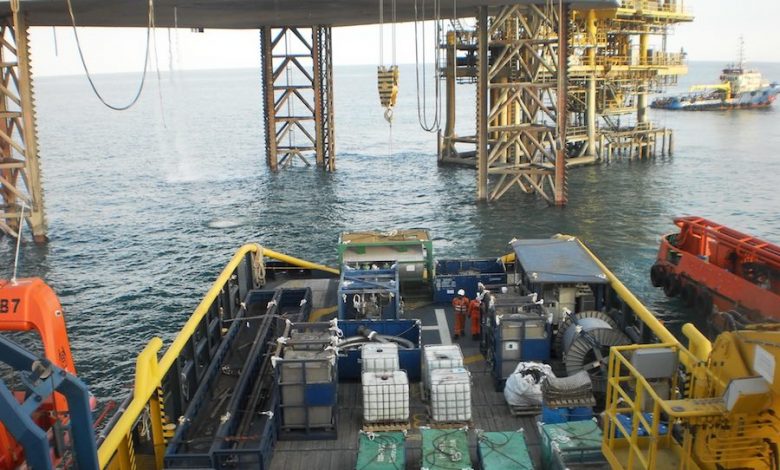Myanmar offshore: The walking dead meets how green is your valley?

Asia Pacific Connex recently conducted a briefing / workshop update on the provision of a supply base to support offshore gas field development in Myanmar. Attended by a number of delegates across the sector as well as the Union Government special legal affairs committee, the discussion was robust at times but constructive. In summary the briefing covered the following:
- Uncovering the common trap fallen into when looking at activities supporting offshore
- Key issues for consideration in base design /build
- What is meant by “Build it and they will use it”
- Base business models
- Review of four potential OSB locations and local developments: Kyauk Phyu, Mawlamyine, Dawei and Ranong.
Participation was good and at times the robust nature of the discussion reflected the frustration at the slow progress and lack of direction in the political debate and machinations in the delivery of important infrastructure such as a supply base. One my recall that MOGE called for EOIs in the final quarter of 2015, with the promise of a March 2016 announcement on successful bids. This has not happened and was highly unlikely without a clear scope of work / service requirements or access to suitable land.
Two issues emerged that, unless handled well by the Union Government and MOGE, could well result that the ‘How Green is Your Valley’ view of the offshore sector becomes as set for the ‘Walking Dead’. These two can be best summed up as: OSB as part of a FTZ / FEZ / Bonded Warehouse Approved area and shipping cabotage rules.
FEZ or Bonded Warehouse Issue
The first of these issues is worthy of a bit more detail as it could be a deal breaker in terms of whether potential end users would actually have commercial reasons to use a Myanmar Supply Base. To give some perspective to this, offshore end users would still find it beneficial to use the likes of Singapore that has a bonded warehouse structure despite it being six-day steam time away and the local bases being within 12 hour steam time. At present the current legal framework in place restricts what terms the MIC would approve in terms of the OSB. This is particularly important at this stage as it impacts on costs during the drilling / exploration phase.
The issue is the inflexibility in the importation regulations with regards to casing – an important component in drilling campaigns. As the law stands now, all imports must be classified as “investment” [intended for consumables that will not be re-exported], or “drawback” [for equipment imported temporarily that will be re-exported]. Casing must always be imported as “investment”, regardless of whether they intend to consume the casing or whether it is imported as ‘contingency casing’ which would only be used if operations do not go according to plan. The PSC states that any “investment” materials, if unused in a well operation, become the property of MOGE. One needs only visit the MOGE Thaketa supply base to see why a lot of space is taken up by a mountain of old unusable casing.
An operator is allowed to re-export the casing and re-import for use on a subsequent campaign within Myanmar as MOGE only have rights to the material at the end of the PSC. But what is not understood is that casing has a limited shelf life and in the current oil/gas environment, forward plans are not always clear. The regulations as they stand discourage the importation of contingent casing that ensures ongoing drilling operations, it can also act as the catalyst to commence drilling as the commercial terms become favourable. Whilst it can be argued that they store contingency materials in Thailand or Singapore, and only mobilise when they are certain that the materials will be required. That way the operator has the flexibility to sell or transfer the contingent material to other projects. However, this double handling adds to cost and complexity in project management. What is needed is the flexibility to import and export casing as required by project requirements. A “Freeport” as found in Australia would be the ideal solution, but as a minimum, the ability to import casing as a “drawback” item, transferring to the “investment” category if and when it is consumed in a well.
Cabotage rules
There are cabotage rules in place in Myanmar but have not been enforced to the degree that is found in nearby territories Malaysia and Indonesia. Potentially complicating the issue is the lack of local flagged OSVs. The regulator will need to review these so that we have OSV’s that meet cabotage rules and that are able to use a local Myanmar supply base.
In conclusion, the issues raised are not huge hurdles to overcome, but if not, the offshore oil and gas sector could become the fields of the walking dead rather than the green valleys of economic and energy advancement for all the citizens of Myanmar.
